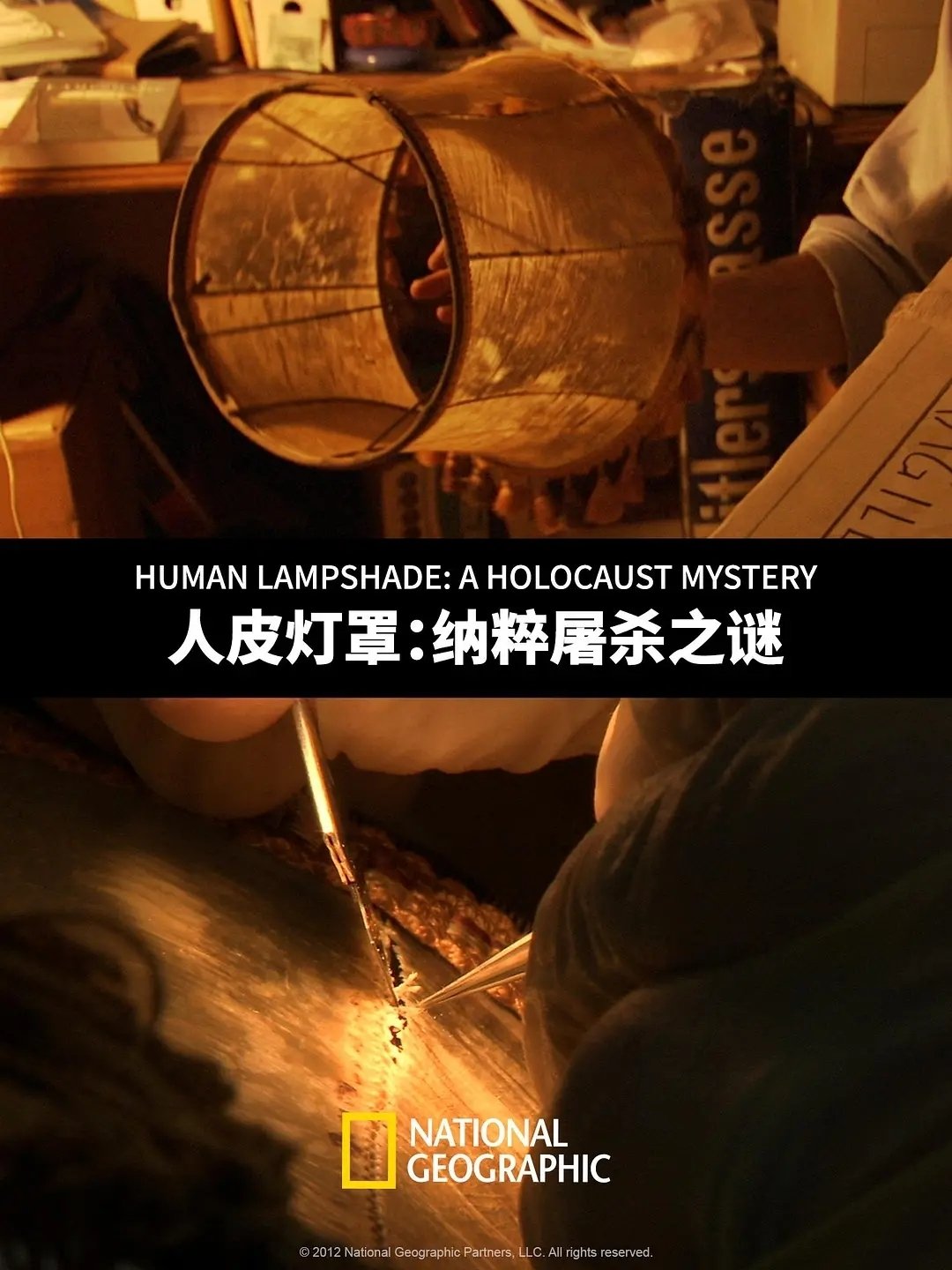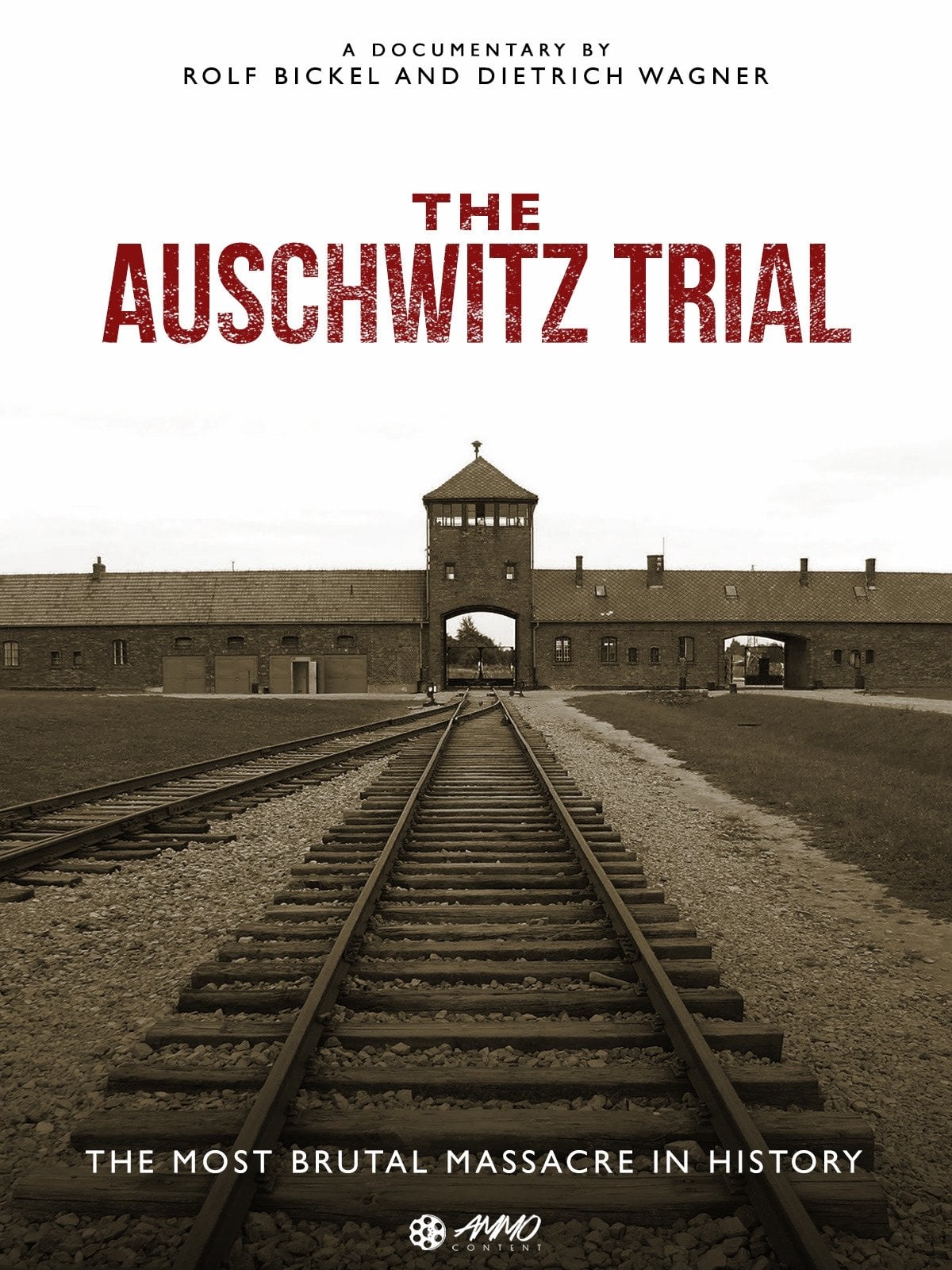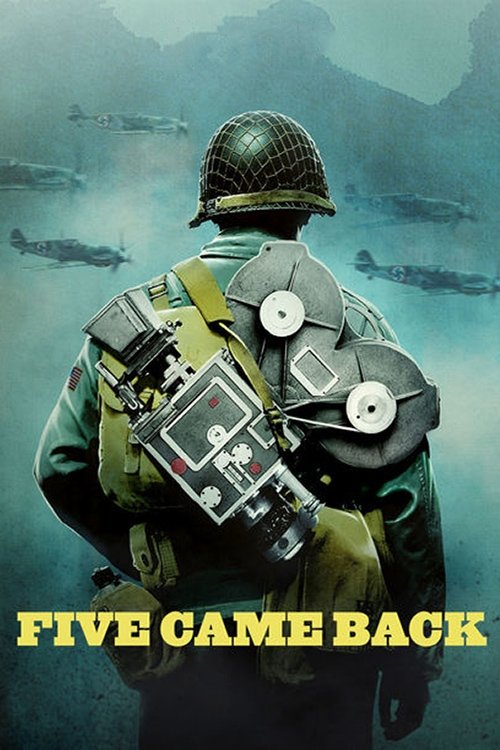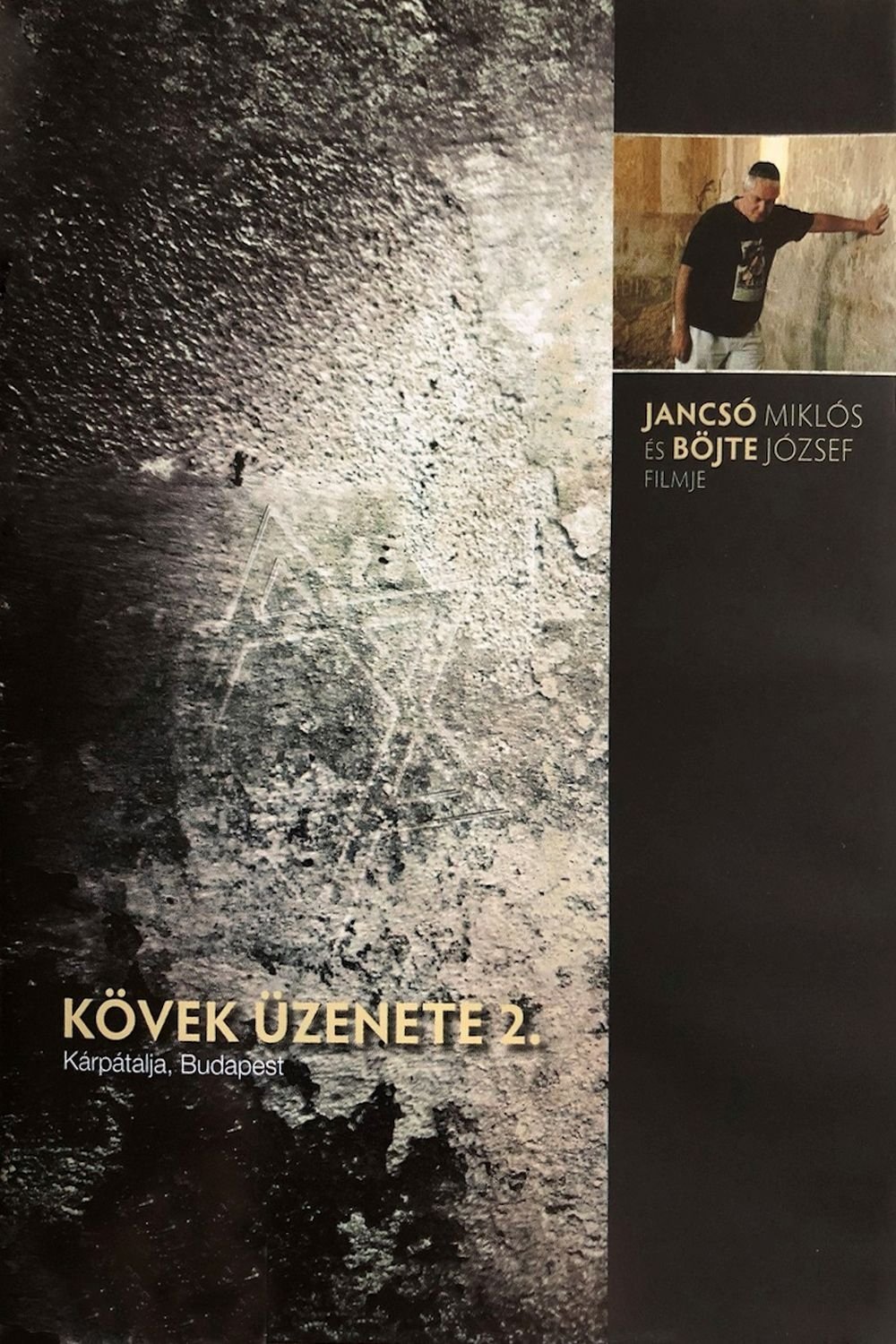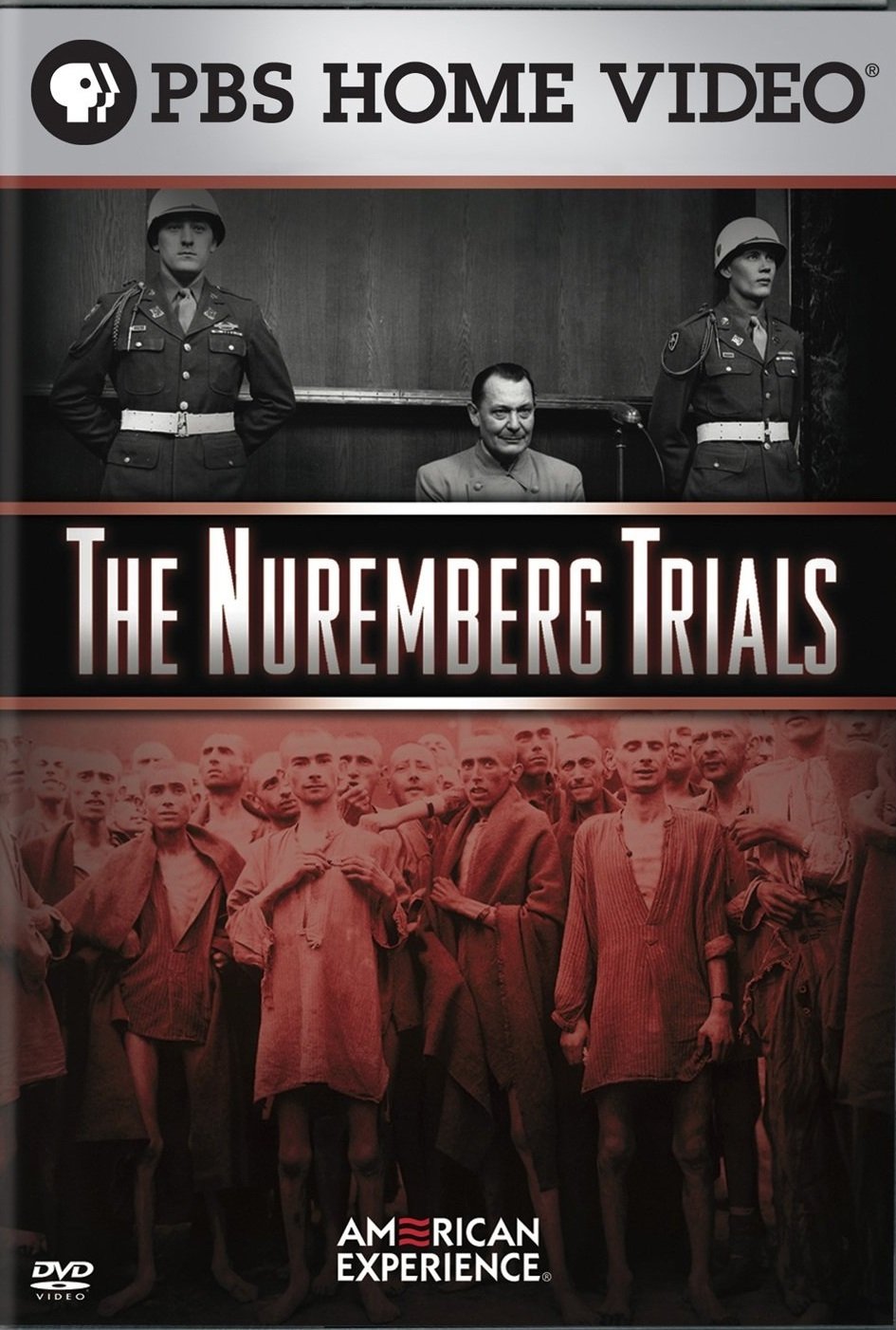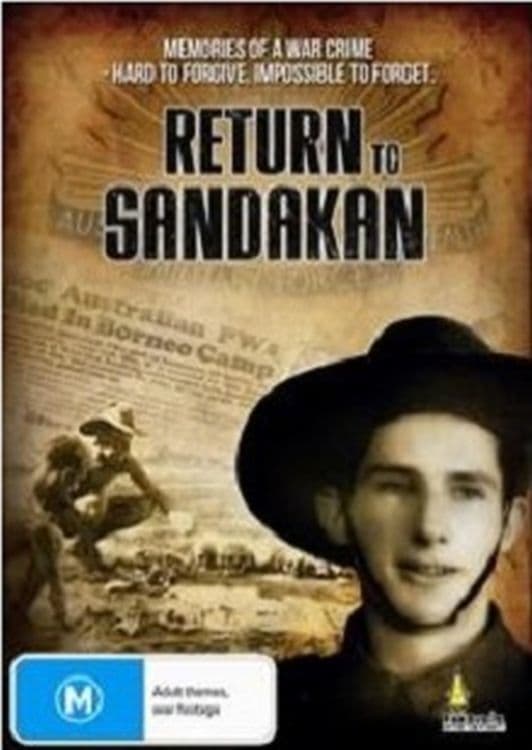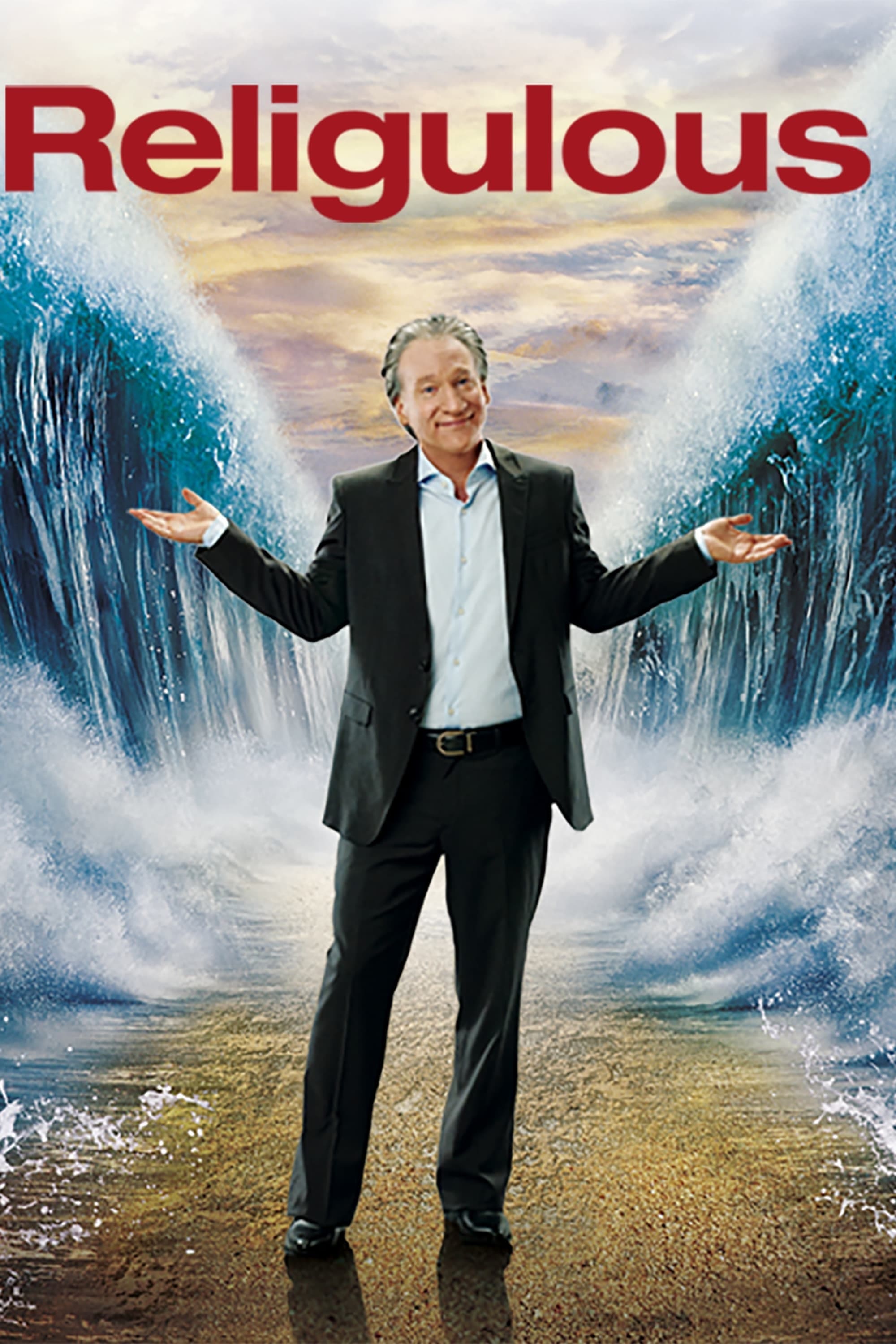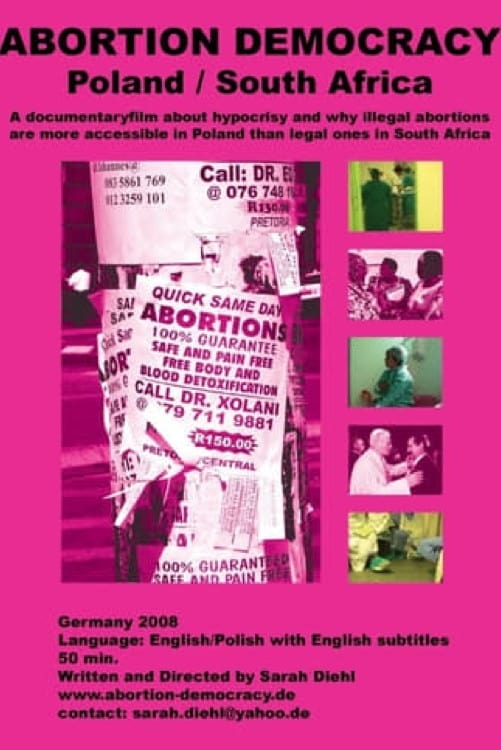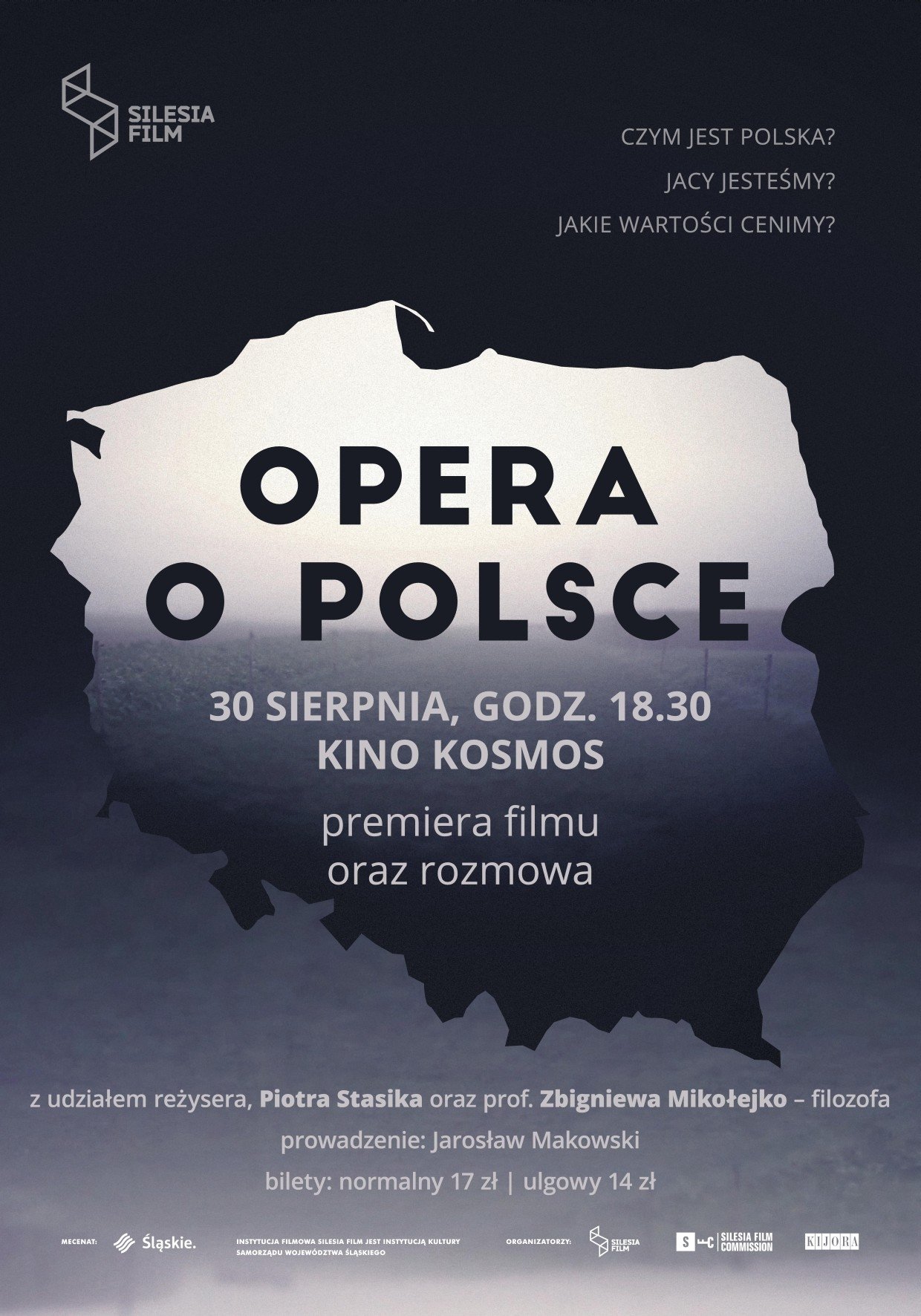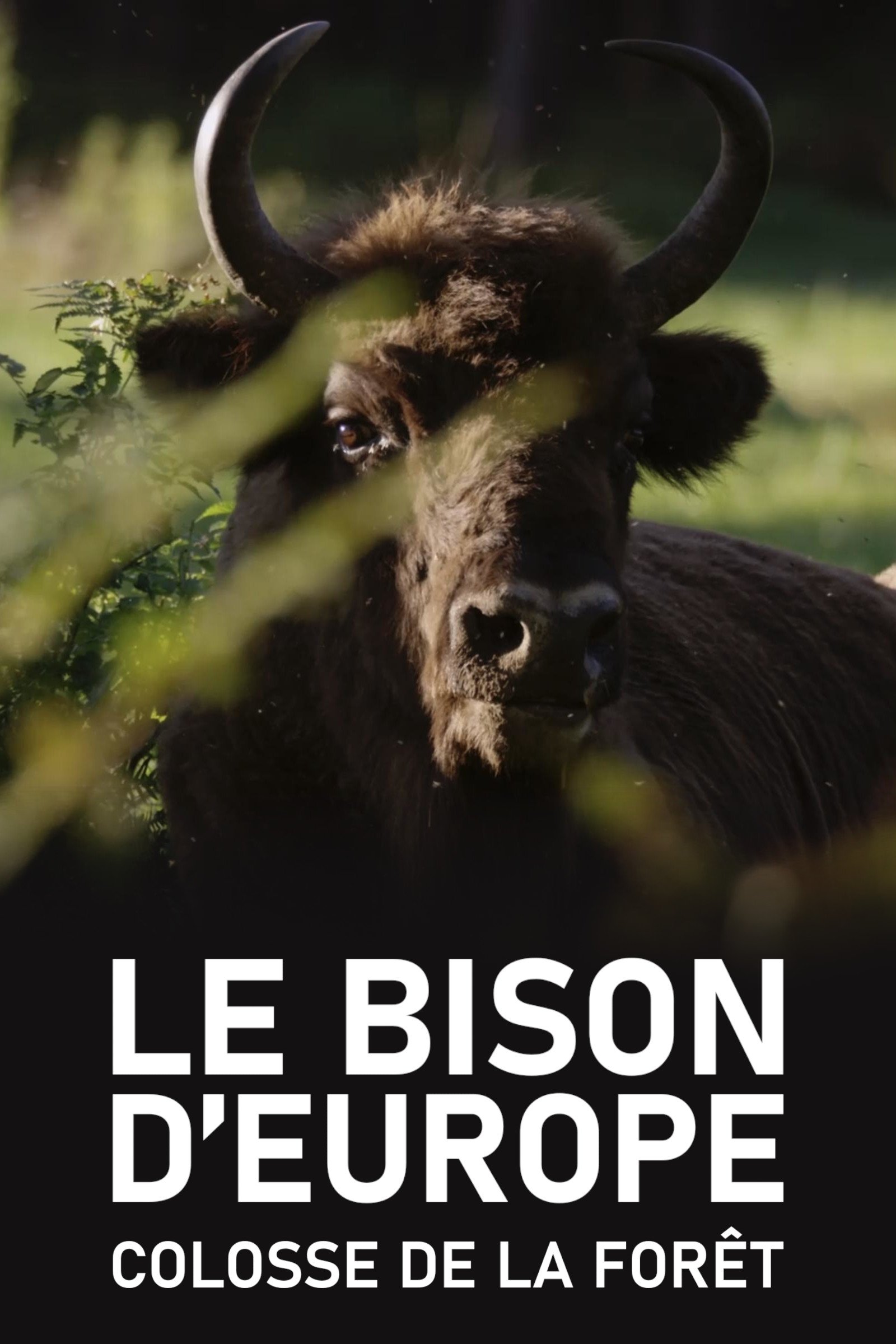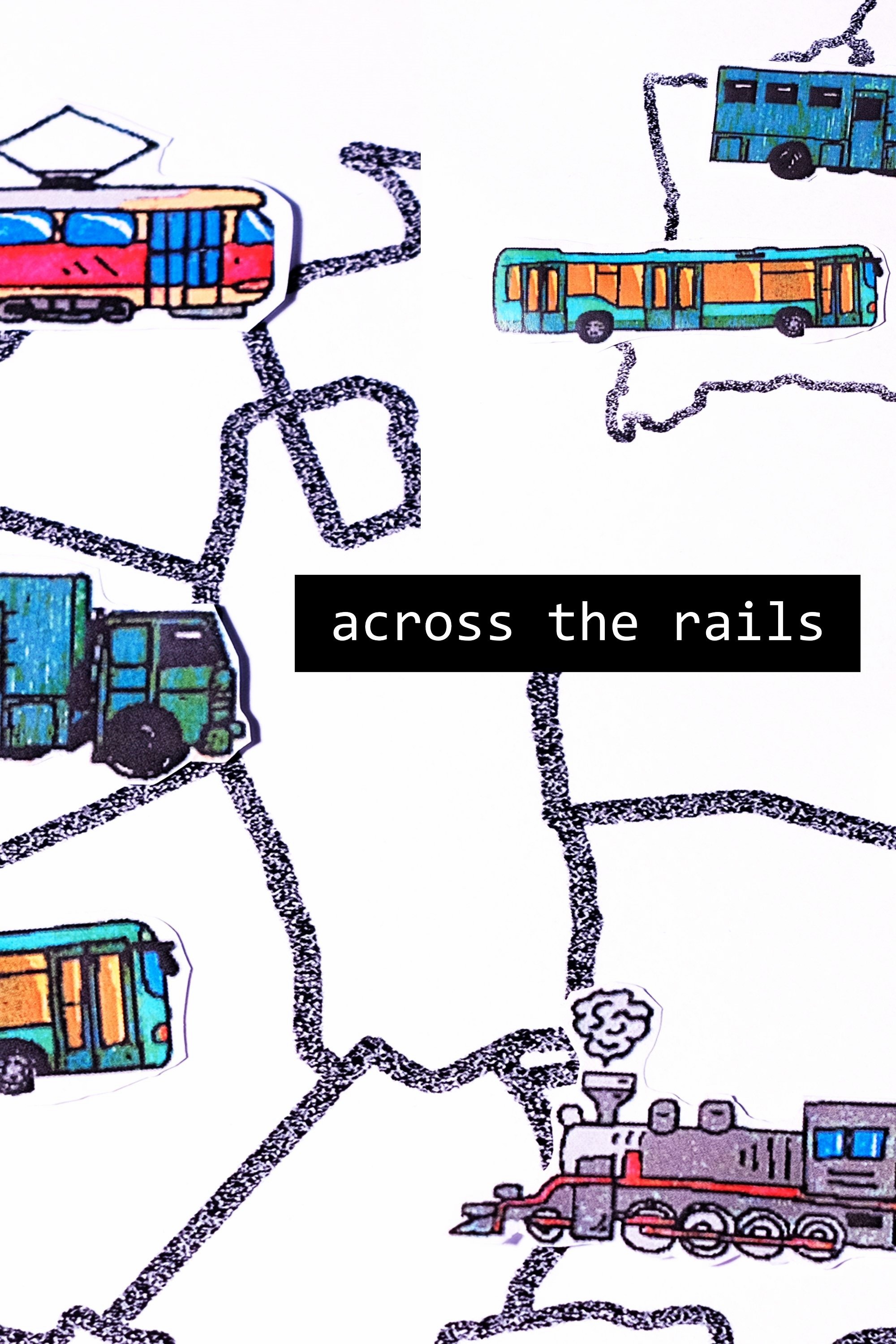Les juifs de Pologne, des cendres à l'espoir
Watch Movie
Share
Les juifs de Pologne, des cendres à l'espoir
2013
00.0(0 votes)
Documentary
Overview
Links & Resources
Social & External
Production Companies



Cast & Crew
9 members
Writing
David Milhaud
Narrator (voice)
No Image
Acting
Paweł Śpiewak
Self
No Image
Acting
Térèsa Stiland
Self
No Image
Acting
Marian Turski
Self - Historian
No Image
Acting
Feliks Nieznanowski
Self
No Image
Acting
Konstantin Gebert
Self
No Image
Acting
Anna Bikont
Self
No Image
Acting
Aleksander Edelman
Self
No Image
Acting
Elżbieta Ficowska
Self
No Image
Similar Movies
Recommended Movies

No Recommendations Yet
We're working on finding the perfect movies for you. Check back soon!
More movies coming soon


